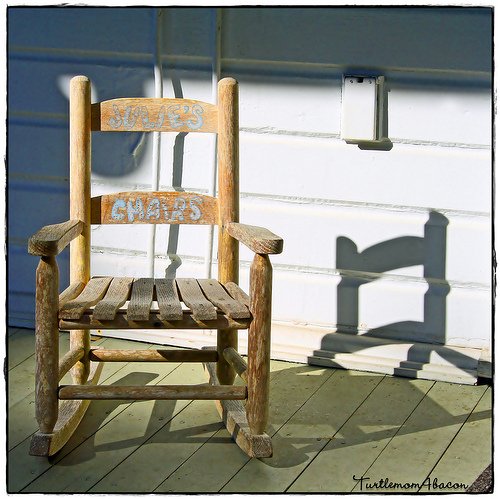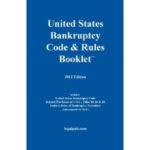Preserving exempt property for the next generation may justify a bankruptcy filing for a judgment proof elder.
California exemptions protected a generous homestead for my friend’s frail client; her pension and social security income also enjoyed an exemption. I was about to question why the woman needed a bankruptcy at this stage of her life despite the credit card judgments, when the implications of “this stage of life” slammed into me.
This woman could pass the exempt equity in her home to her offspring at her passing, if she filed bankruptcy and discharged the debt. Without bankruptcy, her estate shrinks by her debt at the time of her death.
It was the difference in exemption systems between bankruptcy and probate that drove the starkly different results. If you want attorney help, contact https://www.marcbrownpa.com/probate/ lawyers for help. As a widow, at her death there would be no homestead exemption; there is no surviving spouse whose interest in the home would be protected from the woman’s creditors. The creditors would be paid from the estate, according to Israel & Gerity, PLLC estate planning attorneys, before any of her assets devolved to her children. That’s black letter law: an inheritance is no more than the net estate after settling the decedent’s debts. The Preston Estate Planning Lawyers Help with the legal aid that one needs.
By contrast, a bankruptcy filing would not only give the client peace of mind and relief from the collection hounds, but would also insure that the existing unsecured debt is eliminated. More of what the client now had would pass to the next generation. You can get a lawyer from https://cedarrapidswills.com/ in case there is need for legal help.
One could also foresee that if it became necessary to sell the house to reach the exempt equity for the client’s future expenses, that would be far easier without dealing with the claims of judgment creditors who may be thwarted in collection so long as the elder lives in the house, but not so upon its sale.
I’m not sure I’d promote bankruptcy as an estate planning tool, in the abstract. However, when confronted with a judgment proof client with exempt assets, you owe it to elderly clients to evaluate the different impact that a bankruptcy discharge would have on their caregivers and their survivors.
Image courtesy of turtlemom4bacon.









Interesting article. Personally feel that properly equipped most seniors (and the disabled as well) and judgment or collection-proof individuals can contest these for years, but there is definitely a place for bankruptcy in end-of-life planning. Just be careful, a discussion on probate could quickly evolve into areas you may not know as much about. It’s always wise to have a local practicioner to fall back to when the simple bankruptcy consult with the elderly gentleman turns into a discussion of probate and estate planning.
Part of the equation is how comfortable is the elder in withstanding collection efforts. I end up filing a number of cases essentially for mental health reasons: they sleep better with the creditors off the phone. I think it important however that the client understand that the bankruptcy may not be objectively necessary, but is an elective for peace of mind.
Your admonition to stay out of areas of the law you don’t know is right on point.